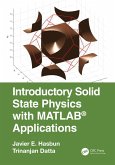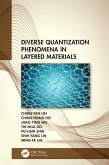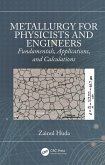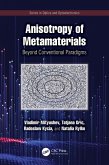This book uses the pedagogical tools of computational physics that have become important in enhancing physics teaching of advanced subjects such as solid state physics. It covers the basic concepts of solid state physics and provides students with a deeper understanding of the subject matter
Dieser Download kann aus rechtlichen Gründen nur mit Rechnungsadresse in A, B, BG, CY, CZ, D, DK, EW, E, FIN, F, GR, HR, H, IRL, I, LT, L, LR, M, NL, PL, P, R, S, SLO, SK ausgeliefert werden.
Hinweis: Dieser Artikel kann nur an eine deutsche Lieferadresse ausgeliefert werden.









